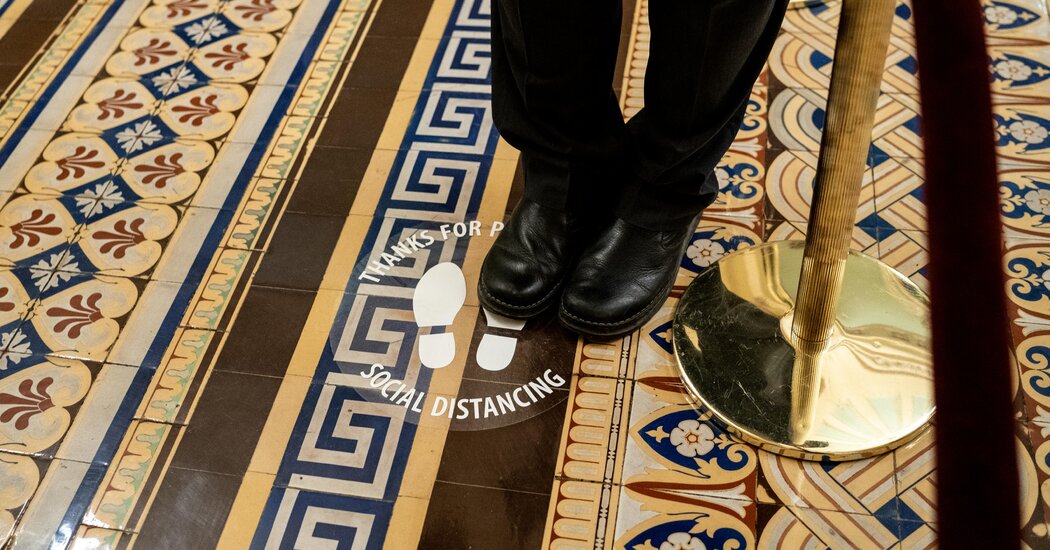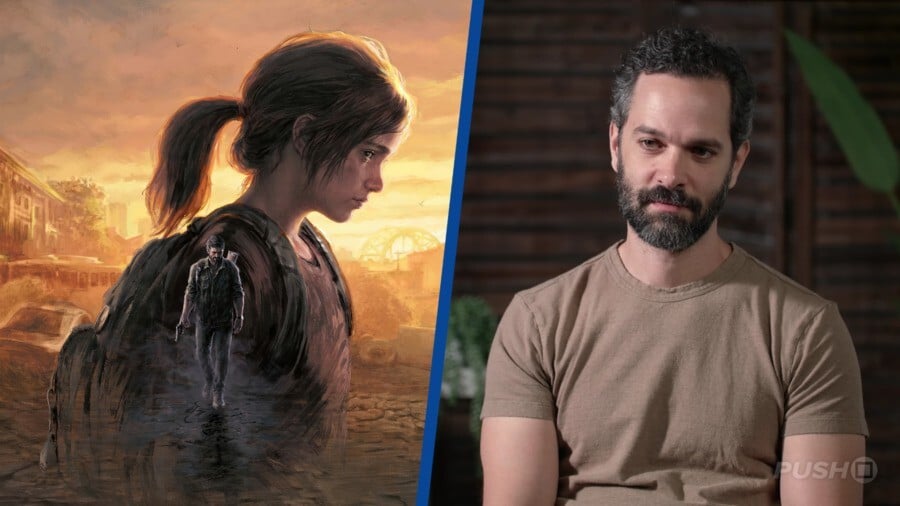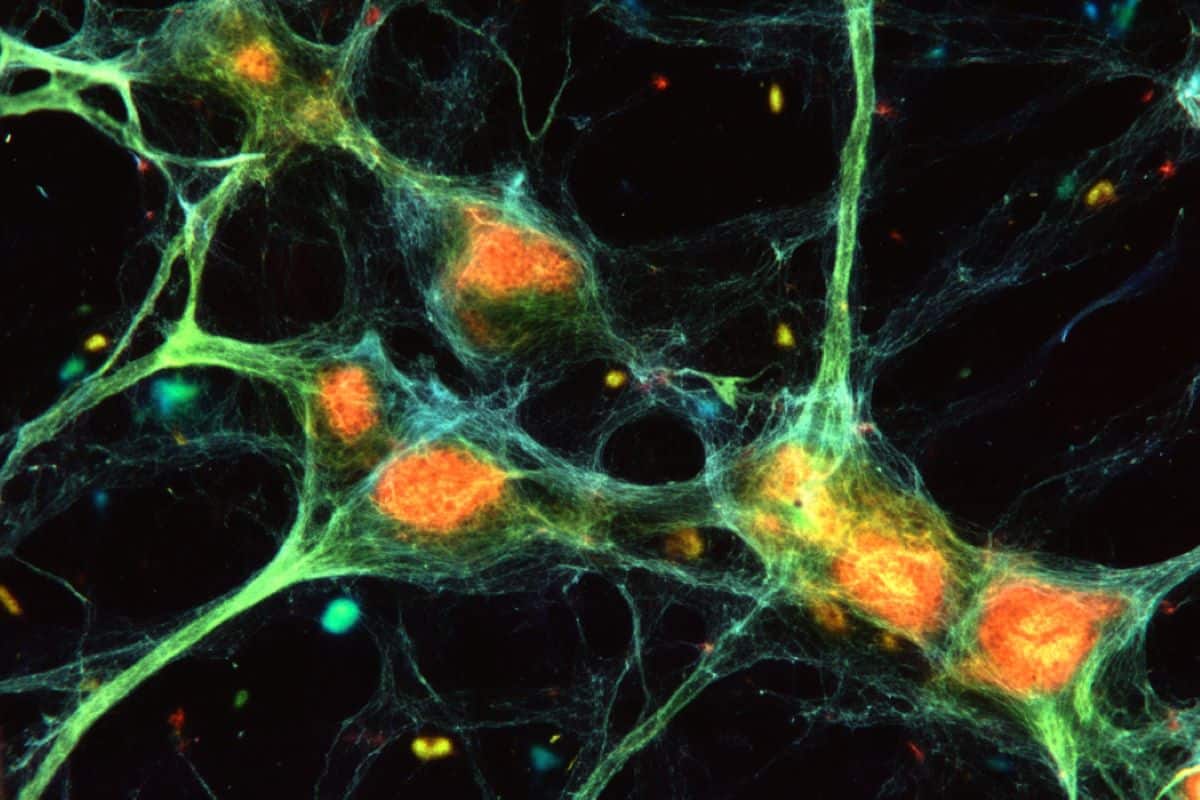The Supreme Court justices often keep their views close to the vest. However, they can inadvertently reveal their perspectives, including when they are skewed. Last year, the Biden administration announced that it would end the Trump administration’s policy, known as Title 42, of expelling asylum seekers at the borders with Mexico and Canada. Title 42 relied on a federal law that empowered the Centers for Disease Control and Prevention to bar entry into the United States to control the spread of infectious diseases. However, by the time the law was implemented, Covid-19 was already widespread, with no evidence of significant transmission by asylum seekers and other migrants. Nevertheless, a Federal District Court in Washington deemed the policy illegal and ordered the government to end it several months later. Republican attorneys general from several states then sued to preserve the policy, ultimately appealing their case to the Supreme Court. However, the case became moot after the federal government ended the Covid-19 public health emergency, prompting the Supreme Court to remand the case to a lower court with orders to dismiss the motion. Justice Neil Gorsuch added a statement that the case’s history showed how our laws are made and our freedoms observed have been disrupted over the previous three years. He then elaborated that we may have experienced the greatest intrusions on civil liberties in the peacetime history of the United States since March 2020.
Justice Gorsuch’s statement raises questions about his worldview. Were the Covid restrictions a more significant intrusion on civil liberties than the forced sterilization of over 70,000 Americans, the mass surveillance of liberal and left-wing Americans by the federal government in the 1960s, or the McCarthyite purges of the 1950s? Other 20th-century attacks on American liberty include the Palmer Raids of 1919 and 1920, which saw federal agents arrest thousands of people on weak evidence, with plans to exile them from the country. When we look back to the 19th century, we see even more egregious peacetime violations of Americans’ rights and liberties, including labor conflict and Southern legislatures stripping voting and civil rights from broad swathes of their populations beginning in the 1890s. Of course, we can’t overlook the chattel enslavement of millions of people by force of law for almost a century under the Constitution. To protect and maintain the social order stemming from chattel slavery, slaveholding states outlawed the circulation of antislavery materials and banned abolitionist speech.
Justice Gorsuch’s denunciation of the pandemic restrictions provides a window into his view of the United States, revealing his willingness to ignore or overlook the country’s long history of repression and internal tyranny, barring one exception concerning Native Americans. It’s possible that his views result from conflict with his occasional libertarian inclinations. Alternatively, he may feel offended by limitations on religious services that allowed people to shop in grocery stores, akin to his colleague Samuel Alito. Still, Justice Gorsuch’s worldview is shocking, particularly when considered with his frequently unsympathetic attitudes towards injustice and cruelty in present-day American society, including his votes in favour of the death penalty and his vote to permit states to restrict women’s bodily autonomy.














